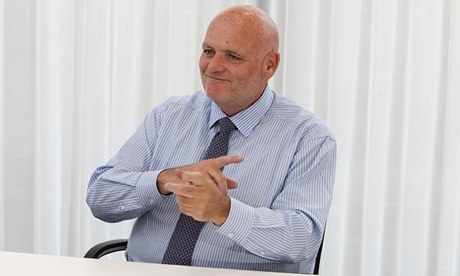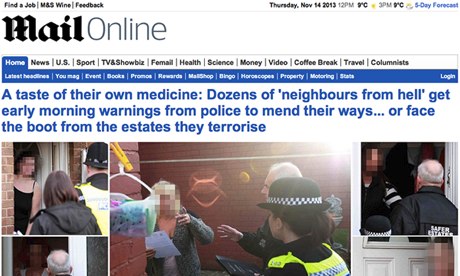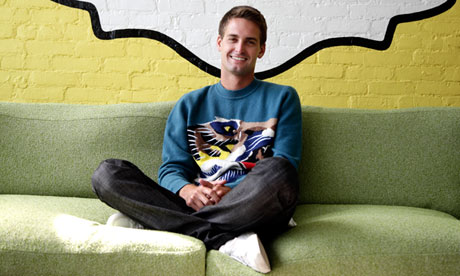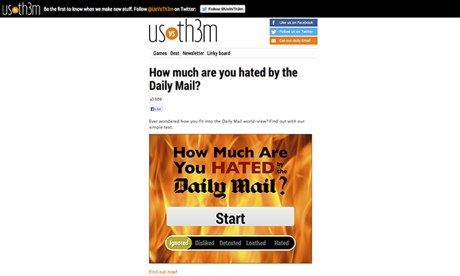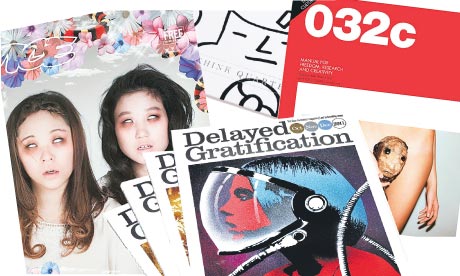News Corporation ….
‘Why and with what success are
traditional media institutions adapting to the challenge posed by new/digital
media?'
Introduction : As new/digital media is constantly developing, this has meant that the audience have more power in terms of creating their own view and values. New/digital media refers to content that is available for audience to access anywhere (for example, on mobile phones, tablets etc.) which increases interaction within consumers and interaction between audience and their producers. For example Facebook (owned by Rubert Murdoch), which is meant that audience can communicate with a diverse range of people. However, negative side is that bullying over these social networking has increased and have not much regulation. Murdock owns many media companies as well as varies newspapers all over the world for example News Corp- the sun which is the biggest selling paper in the UK.
Paragraph 1: On the other hand, traditional media, in particular, newspapers and magazines must
conform to its evolution by converging their products in order to function
successfully in today’s developing technological society. Print institutions
must now not only compete with others of their own industry, but also those of
new media, ensuring audiences can access their products in a variety of way as
they have the ability to with new media. Large newspaper and magazine
corporations with wide mainstream audiences must be aware of the ways in which
globalisation is effecting how we consume the media and must positively respond
and adapt to these changes to maintain audience’s interest and engagement in
the face of the more innovative new media developments they want to explore.
Paragraph 2: Secondly,
UGC has also played a major role in empowerment of audiences.This
makes audiences no longer passive, in fact they are more actively taking
part in the creation of media. The sharing between audiences and producers
has allowed UGC to take place which can be done on social networking sites like
YouTube, MySpace, Twitter and Facebook. According to Sherry Turkle social
networking sites have isolated us from ‘real human interactions in a
cyber-reality that is poor imitation of the real world.' However, it also
raises concerns over the regulations by the gatekeepers. There is less
censorship over the content produced by citizen journalists which means that
the information provided can be invalidated at times. This shows that the
audiences are empowered by these developments but to a certain extent
Paragraph 3:
Moreover, in the past , New & digital media has allowed
audiences to form protests or even organise extreme violent events such as the
London riots 2011, in which the youth were interacting on services such as the
BBM, Facebook or Twitter and arranged to take part in it. This could be linked
to the empowerment of the audiences as they took control of the situation
through the advantage of social networking sites where they were able to gather
large number of people in a short amount of time. According to the users and
gratification theory( Blumler and Katz) we could argue that audiences
find ways of social interaction, Entertainment and Information where they
acquire information from different sources and people. This concludes that
audiences are empowered by these developments to a great extent.
Paragraph 4: Furthermore, with the
development of technologies such as social networking sites, blogs, phone
applications, 24 hour news channels etc. audiences are can now freely access
information ‘on the go’ and in real time with such advancements having a huge
impact on the role of the consumer and the active interaction they now play in
the media. However, this poses a threatening challenge to the future of print
publications. According to The Nielson Company, global consumers spend more
than five and a half hours a day on social networking sites, a worrying
statistic for traditional institutions as with the rapid speed at which
information can be shared on these sites from user to user, and the lack of
censorship involved (giving audiences a wider variety of news as there is no
restrictions on what stories can be published), there seems less demand for
newspapers and magazines as a source of information, raising the question of
whether due to the freedom new media gives to audiences, traditional print
newspapers and magazines will no longer be needed, used or even wanted by them
at all. As a result, it can be argued that traditional media institutions have
no choice but to adapt to new and digital media so as to maintain profit and
not run the risk of losing their audiences to more exciting and innovative
ideas and concepts of consuming the media.
Paragraph 5: But traditional
media is adapting to this challenge successfully. In November 1994, The Daily
Telegraph claimed to be the first national online newspaper and was free for
users to access, instantly creating an extra source of information that audiences
could turn to, fulfilling their desire to engage in new media whilst
simultaneously providing them news from a reliable institution that they trust
and are loyal to. The success of this adaption can be seen through the websites
growing variety of features, including articles from the print edition of the
newspaper as well as exclusive web only content and immediate breaking news,
picture galleries, videos and more recently the blog known as “My Telegraph,”
allowing the audience an increasing sense of control within the media and
giving rise to citizen journalism, acknowledging the freedom new media gives
audiences. The Telegraph now even offers phone applications, fashion advice and
even an online dating service showing just how much effect new media has had on
these types of institutions, challenging them to keep on top of its
developments by offering more than just simple news converge to absolutely
ensure audience interest and satisfaction.
Conclusion : However, despite the success in
adapting to new media that this traditional institution has achieved, questions
can be raised over the profit that is actually made from the changes. In this
case, all online content from The Daily Telegraph is available for free so this
institution must rely on advertisements to fund the website, a seemingly
capable way to tackle the problem. However, for some newspaper institutions
this could result in a loss, exemplified by Rupert Murdoch who would lose £57
million without charging for online content of The Times and The Sunday Times
through the use of a paywall. Furthermore, to view the special “E-Paper” for
The Times, a paid subscription must be made whereas for The Telegraph, The
Guardian and The Daily Mail, this content is free. This then results in
competition between newspaper institutions as well as with institutions such as
the BBC whose content is always free, questioning the success of the changes
traditional media have made and whether they will ever be able to compete with
new and digital media

